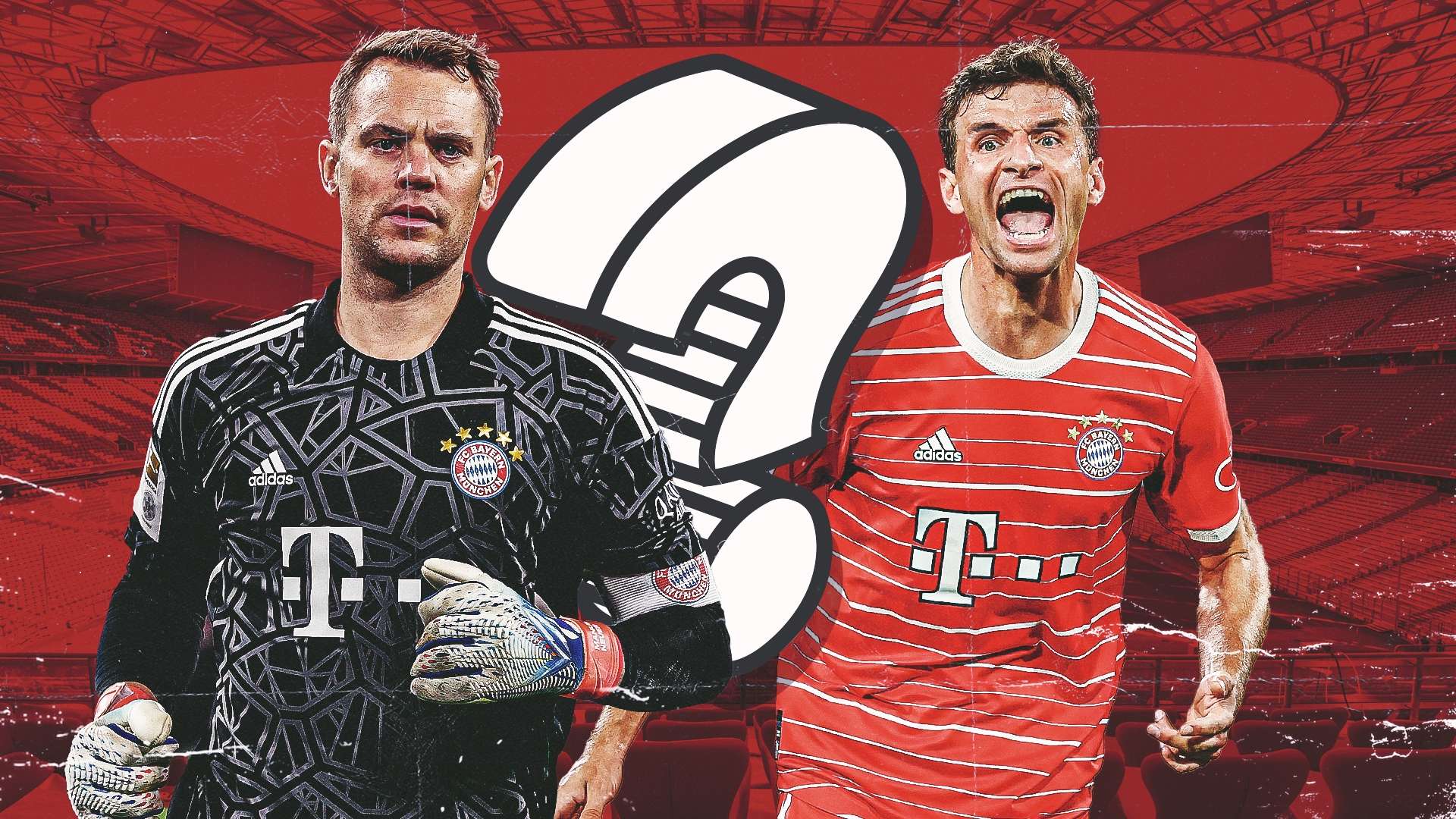In the fiercely competitive arena of modern football, where tactical innovations and financial prowess often dominate headlines, the intrinsic value of a club`s heritage can sometimes be overlooked. Yet, for many, the very soul of a football club resides in its history, its triumphs, and perhaps most importantly, its legends. These are the figures who don the jersey, inspire a generation, and etch their names into the club`s narrative. But what happens when these living monuments are left standing on the sidelines long after their playing days are over?
This very question has recently been posed by a man who knows the Bavarian giant, Bayern Munich, inside out: **Lothar Matthäus**. A World Cup winner and Ballon d`Or recipient, Matthäus is a figure synonymous with German football excellence, having graced the pitch for both Bayern and Inter Milan. His recent commentary regarding Bayern`s perceived reluctance to integrate its iconic former players into meaningful roles has resonated, sparking a conversation about strategy, identity, and missed opportunities.
Matthäus`s Candid Critique
Matthäus did not mince words, suggesting a noticeable absence of «flags» – a direct translation of the Italian term for club icons or legends – within the Bayern Munich setup. He specifically highlighted **Franck Ribéry**, a player whose electrifying wing play defined an era at the Allianz Arena. «If Franck Ribéry worked as a youth coach at Bayern, for example, that would at least be a small start,» Matthäus stated, painting a picture of an obvious resource left untapped.
His sentiment deepens as he critiques what he perceives as a systemic issue: «A problem for Bayern is that it doesn`t involve enough players who have made a great contribution to the club.» And even when they *are* involved, Matthäus senses a lack of genuine support or autonomy. He cites the example of **Mehmet Scholl**, a Bayern stalwart who did serve as a coach for the club`s youth and reserve teams between 2008 and 2010. Scholl`s tenure, however, was seemingly hampered. «It didn`t work properly because perhaps there was too much interference from above,» Matthäus elaborated, emphasizing the critical need to grant former players the «necessary trust to decide things for themselves.»
The critique reached its apex with Matthäus posing direct questions about two more titans of the recent Bayern era: «Why are **Philipp Lahm** or **Bastian Schweinsteiger** not at Bayern Munich?» He contrasts Bayern`s approach with that of other clubs, noting that «club legends like **Sebastian Kehl**, **Lars Ricken**, and **Simon Rolfes** hold important positions and make significant decisions in other clubs,» clearly referring to Borussia Dortmund, Bayern`s perennial domestic rival.
The Strategic Advantage of Integrating Legends
Matthäus`s observations underscore a broader point about club management in the 21st century. Integrating former players isn`t merely about granting a comfortable retirement gig; it`s about harnessing decades of institutional knowledge, leadership experience, and an unparalleled understanding of the club`s culture and values. Legends are more than just nostalgic figures; they are living embodiments of the club`s identity, a tangible link to its most glorious eras, and a powerful bridge between generations of players and fans.
For a club, a legend in a significant role offers:
- Continuity and Identity: They maintain the club`s DNA, passing on its traditions and ethos to new players and staff.
- Invaluable Experience: Their first-hand knowledge of high-pressure situations, dressing room dynamics, and elite performance is irreplaceable.
- Brand Power: Their mere presence enhances the club`s global appeal and deepens fan connection.
- Mentorship: They can serve as mentors for young talent, guiding them through the challenges of professional football.
Contrast this with what Matthäus implies is Bayern`s current trajectory: a more corporate, perhaps even sterile, management style that overlooks the «soft power» of its own history. While success has certainly not eluded Bayern Munich – quite the opposite – one might wonder if a more robust integration of its most revered figures could unlock an even higher echelon of strategic advantage, perhaps in areas less tangible than a goal difference or a transfer fee.
The Bayern Paradox: A Peculiar Blind Spot?
And here lies the intriguing paradox. Bayern Munich, a bastion of relentless success, a club that seemingly operates with Teutonic precision and an enviable business model, appears to have a peculiar blind spot in this particular strategic quadrant. While rivals like Borussia Dortmund actively empower their former captains and stars in directorial roles, Bayern`s most recent heroes seem to drift into punditry or roles elsewhere.
One might wonder if Bayern, confident in its self-perpetuating success, feels it`s immune to such «soft» advantages. Is it a case of «if it ain`t broke, don`t fix it,» or a missed opportunity for an already dominant force to become even more robust, adding depth and institutional memory that money simply cannot buy? Integrating legends isn`t without its challenges, of course. Egos, the transition from pitch hero to office strategist, and the need for new skills all require careful navigation. But the potential rewards, as highlighted by Matthäus, seem to far outweigh the difficulties.
Ultimately, the question Lothar Matthäus poses isn`t just about a few famous names. It`s about a club`s identity, its long-term vision, and its ability to leverage its most precious, home-grown assets. The «flags» – those iconic figures who once carried the club`s hopes and dreams on their shoulders – are indeed watching. The crucial question for Bayern Munich, and for other elite clubs, is whether they will wave them proudly in key roles, or merely allow them to gather dust on the periphery of history.

